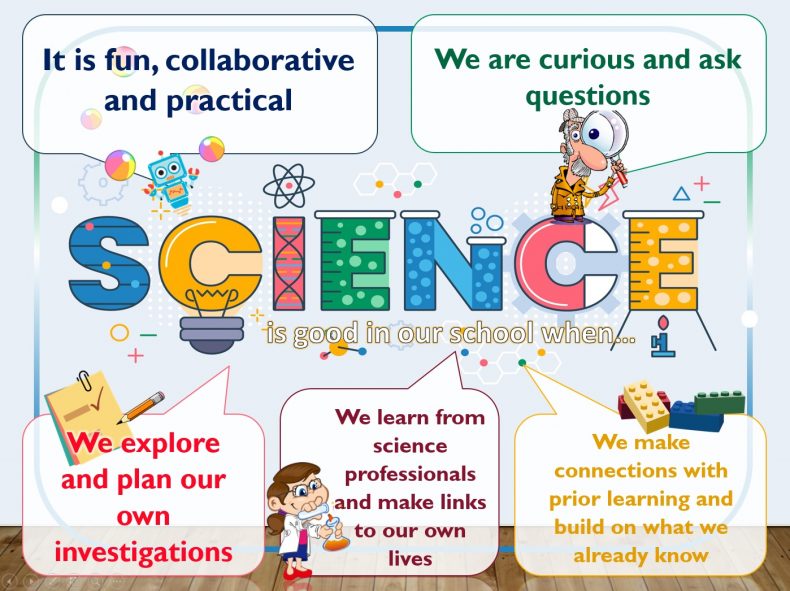
Subject Leader: Mrs Calley
“Science is like magic, but better, because it’s real.” – Brian Cox
Children are naturally fascinated by everything around them and, through a high-quality curriculum and carefully designed learning activities, at Allanson Street Primary School we aim to foster this awe and wonder to develop children’s knowledge and appreciation of the scientific world.
It is our desire to develop our children’s understanding of natural phenomena. We aim to stimulate their curiosity in finding out why things happen as they do. We teach methods of enquiry and investigation to stimulate creative thought. We encourage our children to ask scientific questions and begin to appreciate the way science will affect their future on a personal, national and global level. By developing their own knowledge and understanding of the science around them, we strive to empower our children with the awareness that they can have a positive impact on the world around them.
What will our children learn and why?
At Allanson Street Primary School, we shape our science curriculum to ensure it is fully inclusive for every child. Our aims are to fulfil the requirements of the National Curriculum for science by providing a broad and balanced curriculum which ensures the progressive development of substantive scientific knowledge and enquiry skills (disciplinary knowledge).
Science teaching at Allanson Street Primary School, aims to stimulate in children an interest and enjoyment in the world of science, which will stay with them long after they leave primary school. We strive to give all children a strong understanding of the world around them whilst acquiring specific skills and knowledge to help them to think scientifically, to gain an understanding of scientific processes, to gain knowledge of a diverse range of notable scientists and an understanding of the uses and implications of Science, today and for the future.
At Allanson Street, scientific enquiry skills are embedded in each unit the children study and these units are revisited and developed throughout their time at school. Units taught in Key Stage 1 are revisited in Key Stage 2 which allows children to build on prior knowledge, increases their enthusiasm for science learning and embeds procedural knowledge into long-term memory.
All children are encouraged to develop and use a range of skills including on the spot observations in addition to observations over time, making comparisons, noticing patterns, grouping and classifying things and investigative testing. Children are encouraged to question the world around them and become independent learners in exploring possible answers for their scientific based questions.
Specialist vocabulary for units is taught and developed, and effective questioning to communicate ideas is encouraged. Concepts taught are reinforced by focusing on the key features of scientific enquiry, so that children learn to use a variety of approaches to answer relevant scientific questions.
How will we ensure that our children leave us equipped with the knowledge and skills needed to flourish in the next stage of their learning journey and beyond?
Our science curriculum has been mapped from EYFS to Year 6 to ensure that every child receives a broad, balanced, and progressive curriculum.
Science is an essential part of learning in EYFS as it is incorporated in everyday learning through Understanding of the World. The scientific aspects of the children’s work relate to the objectives set out in the Development Matters framework.
In Key Stages One and Two, science is taught in line with the National Curriculum as an independent subject once a week across the academic year. It is planned to ensure a rich education in which children develop a depth of understanding and a broad range of knowledge, allowing them to make links across concepts and taught units. Each science lesson, across both key stages, is delivered using the same blueprint of ‘Prior Learning’, ‘New Learning’ and ‘Reflection’. Lessons are organised in this way so that children continuously build and revisit knowledge, ensuring that it is remembered and stored in their long-term memory.
Building children’s scientific aspirations, both in and out of school, is a key part of our science curriculum, and we encourage all year groups to seek opportunities to plan for contact with people in scientific careers.
How will our science curriculum make a difference for our children?
We believe our children will:
- Gain a wide range of scientific knowledge and understanding and scientific enquiry/investigative skills.
- Believe in the power of science to bring about positive change in the world whilst also gaining an understanding of the ethical responsibilities that all scientists must bear.
- Use their passion for science to strive to make the world a better place for themselves and others.
- Develop a rich scientific vocabulary which will enable them to articulate their understanding of taught concepts.
- Enjoy learning about science and develop high aspirations, which will see them through to further scientific study, work and a successful adult life.
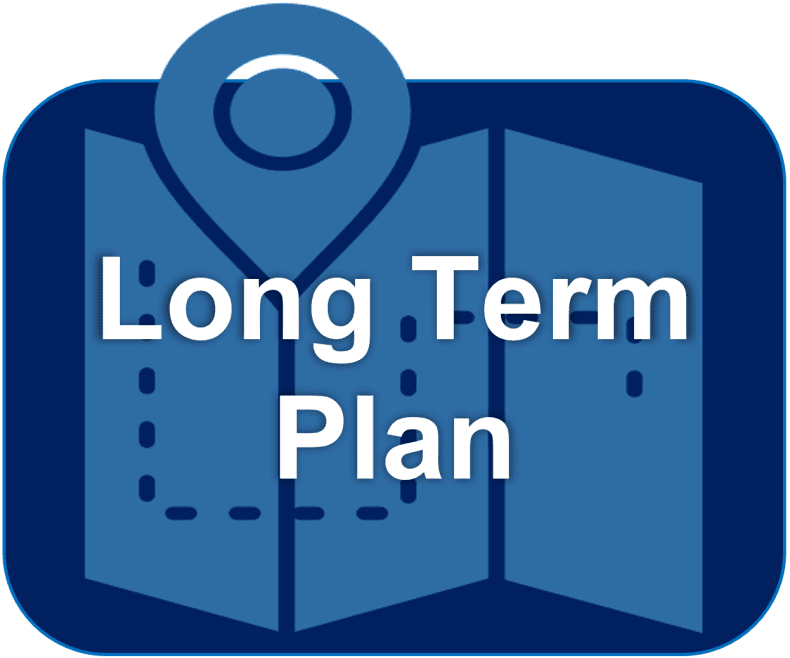 | 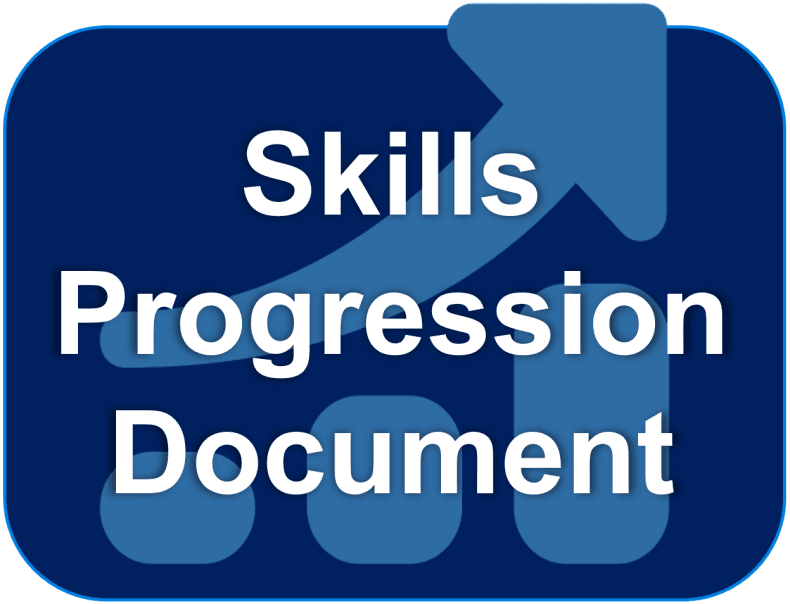 | 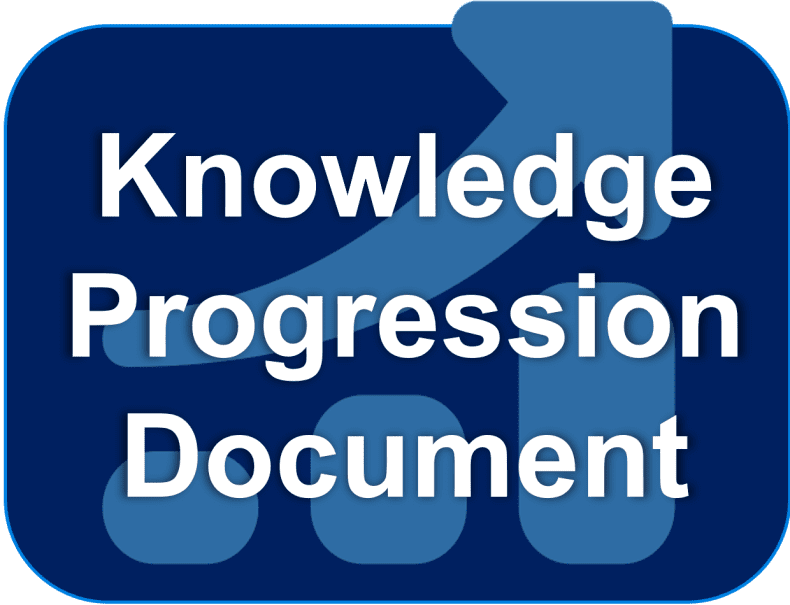 |  | 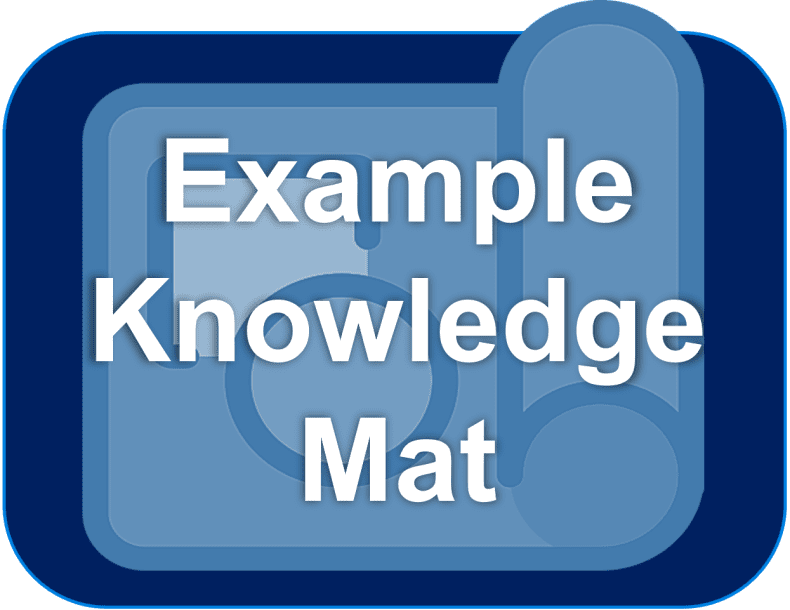 |
*Image Acknowledgements: icons8.com, www.iconfinder.com, pexels-felix-mittermeier-4644812.jpg


